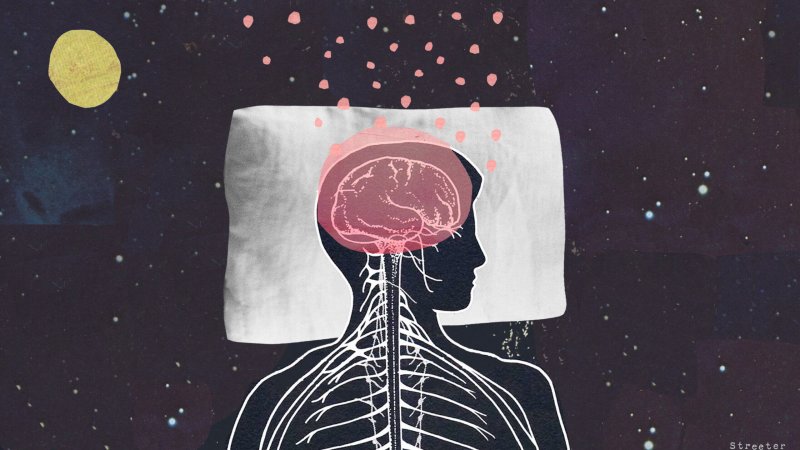A good night’s sleep is important for many reasons. It helps our body repair itself and function as it should, and is linked to better mental health and lower risk of many health conditions – including heart disease and diabetes. It’s also been shown that not getting enough sleep is linked to cognitive decline and conditions such as Alzheimer’s disease.
But more isn’t always better, as one recent study found. Researchers from the Washington University School of Medicine have published a paper that indicates that just like getting too little sleep, sleeping too much may also be linked with cognitive decline.
Overall, the researchers found that sleeping less than 4.5 hours and more than 6.5 hours a night – alongside poor quality sleep – was associated with cognitive decline over time.
…
What’s surprising about this study’s findings is that the optimal sleep duration is much shorter than that which previous studies have suggested are problematic. The study showed that sleeping longer than 6.5 hours was associated with cognitive decline over time – this is low when we consider that older adults are recommended to get between seven and eight hours of sleep every night.































